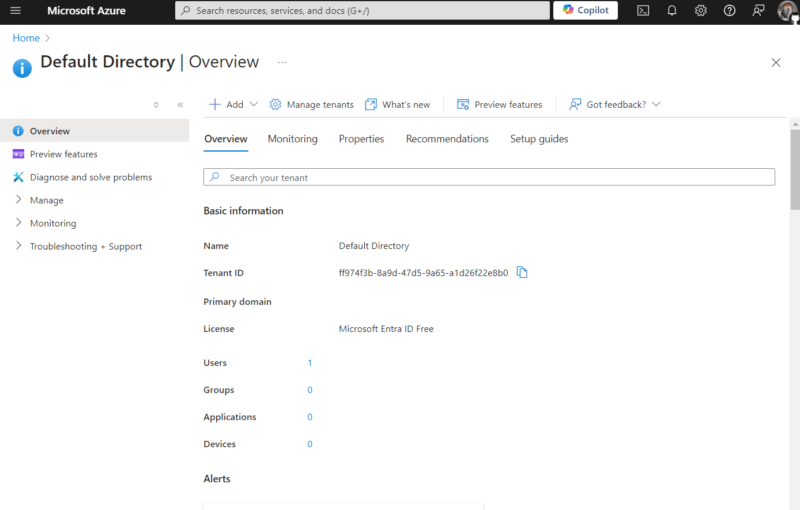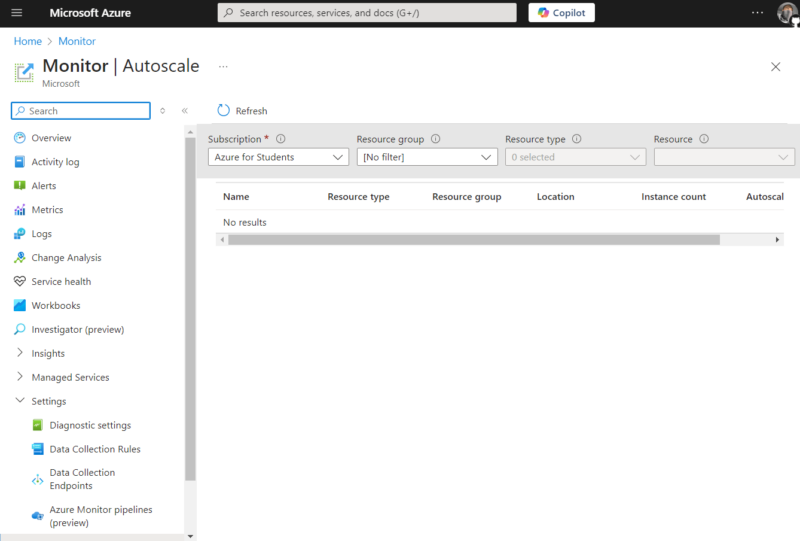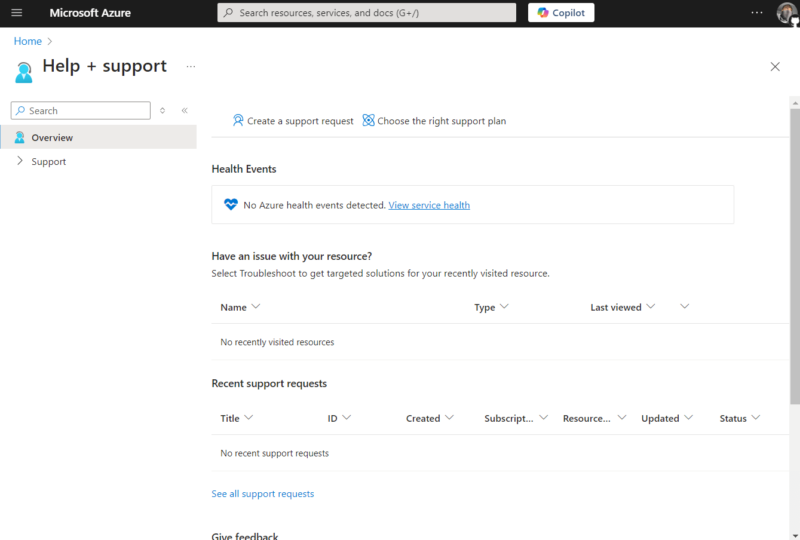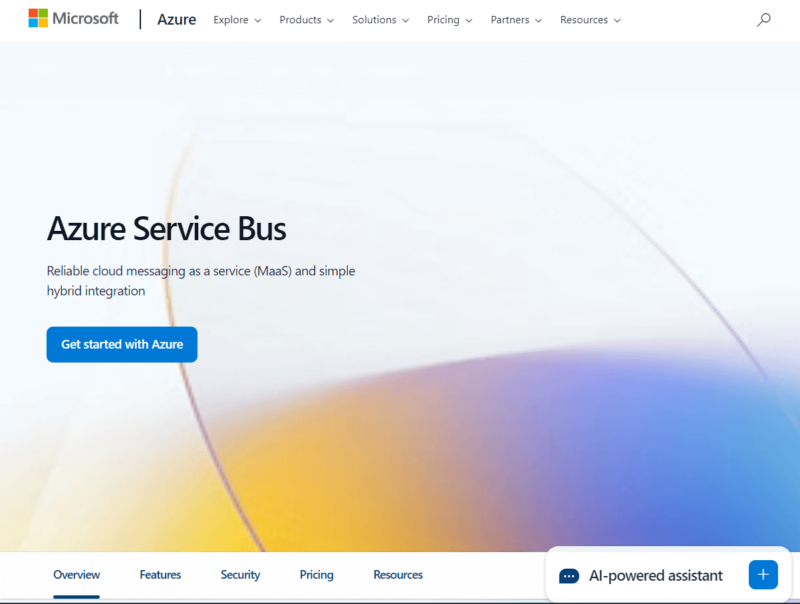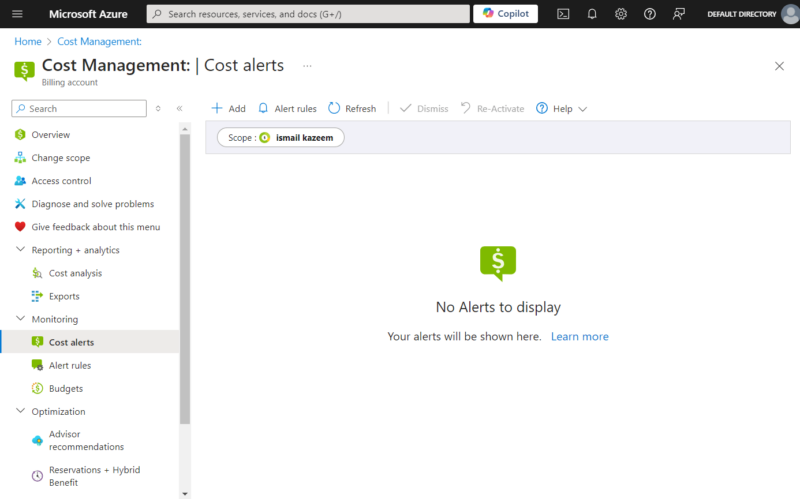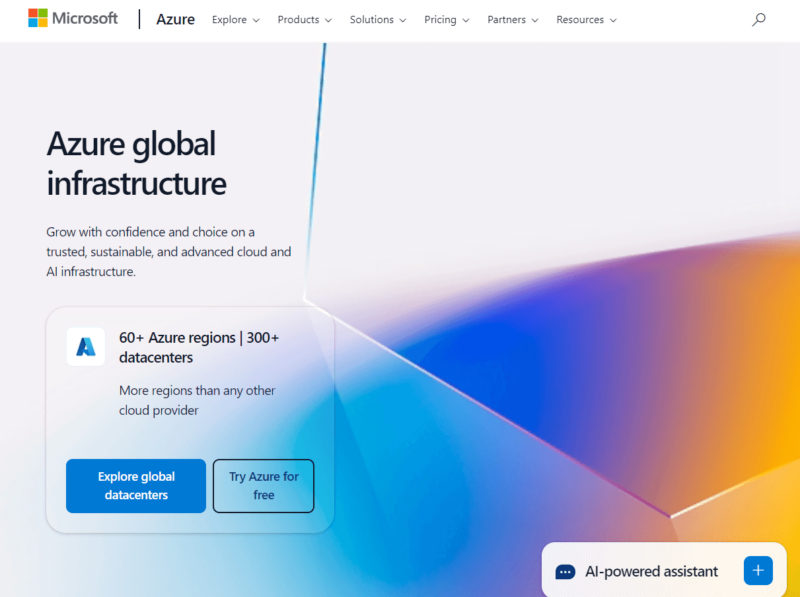Through its Azure for small business package, Microsoft Azure offers a vast range of cloud computing business capabilities for small businesses, including scalability, affordability and support. Azure cloud often has a relevant offering for any small business, no matter its size or revenue.
Depending on the industry, small businesses are typically classified by revenue or number of employees. In the U.S., small wholesale businesses are those with 100 employees or fewer, while small retail businesses should average up to $6 million annually. This guide assesses the pros and cons of Azure for small businesses, explains when to use Azure for small business, and offers cloud computing provider alternatives to Azure.
Pros: Why Choose Microsoft Azure for Small Business
- Azure is globally accessible
- You get multiple support options with Azure
- Azure integrates readily with existing Microsoft products
- Azure has a rich set of security tools, especially for hybrid cloud
- Azure is highly scalable, so it readily adjusts as your small business grows
Cons: Why Not to Choose Microsoft Azure for Small Business
- There’s a high potential for vendor lock-in
- You need experts in order to use Microsoft Azure
- Due to the complex pricing, you can rake in unexpected costs
- The pricing is complex, so you need a cost management system
- Performance varies by region, so you can’t get a uniform experience.
What Are the Pros of Choosing Microsoft Azure for Small Businesses?
The pros of choosing Microsoft Azure for small businesses include security, scalability, strong support, easy integration, cost-effectiveness and global reach.
What Are the Cons of Choosing Microsoft Azure for Small Businesses?
The cons of choosing Microsoft Azure for small businesses include the need for expertise, potentially high costs, cost management, vendor lock-in and regional performance variations.
When Should You Choose Microsoft Azure for Small Businesses Over Other Cloud Providers?
You should choose Microsoft Azure for small businesses over other cloud providers in these situations:
- You have an existing Microsoft ecosystem
- You need specific Microsoft or Azure products
- You want to adopt the hybrid cloud model
Read more about Microsoft Azure in the full review.
What Are the Alternatives of Azure for Small Businesses?
For small businesses, the alternatives of Azure include Google Cloud, Amazon Web Services and DigitalOcean. Below, you’ll see how these cloud providers for small businesses compare to Azure. You can also see how the top three cloud computing services compare in our Azure vs Google Cloud vs AWS article.
1. Google Cloud Platform
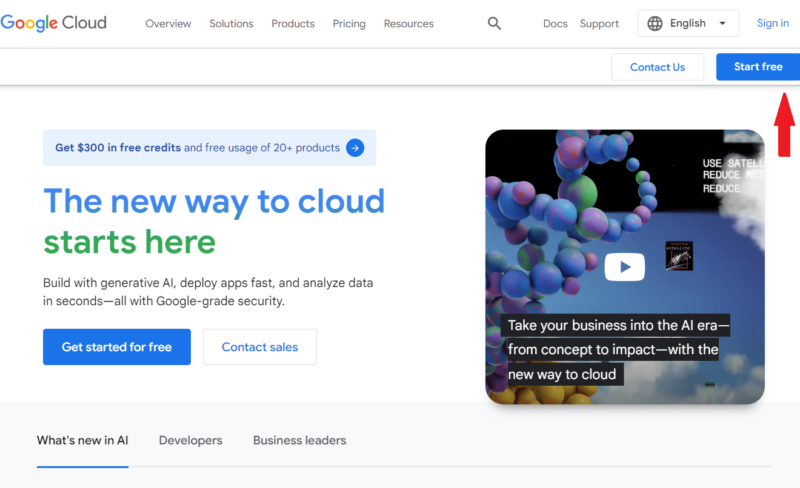
Google Cloud is Google’s cloud service provider. It has the third-largest market share in the cloud provider industry, and it’s revered for its innovations and cloud solutions in the data, AI and machine learning fields.
Like Azure, Google Cloud offers scalability, global reach, security and cost-effectiveness. It’s particularly great for small businesses that need AI, data analytics or machine learning. That said, it doesn’t offer as many services as Azure. Read more in our Google Cloud Review.
2. AWS (Amazon Web Services)
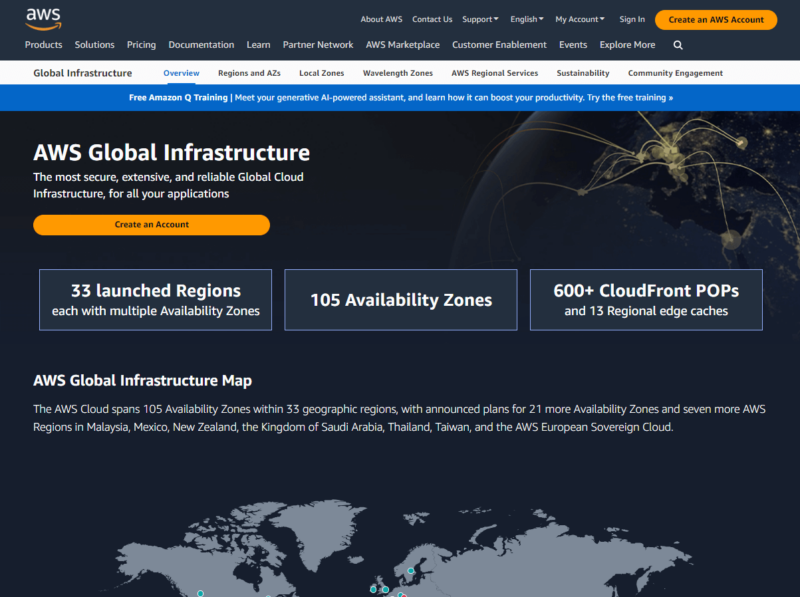
2004, two years before the official launch.
AWS is Amazon’s cloud computing platform. With the largest market share in the cloud provider industry, it’s often called the pioneer of modern cloud computing. It has one of the largest cloud computing reaches worldwide and offers more services than most. AWS and Azure have similar pricing for small businesses, but AWS edges out Azure slightly in terms of the number of services.
Like Azure, AWS has a learning curve. Also, AWS doesn’t offer Software as a Service (SaaS); it has only Infrastructure as a Service (IaaS) and Platform as a Service (PaaS). However, with its many service options, tiers and so on, you’ll likely find something that satisfies your needs. You can also look forward to AWS’ robust security, scalability and cost-effectiveness.
3. DigitalOcean
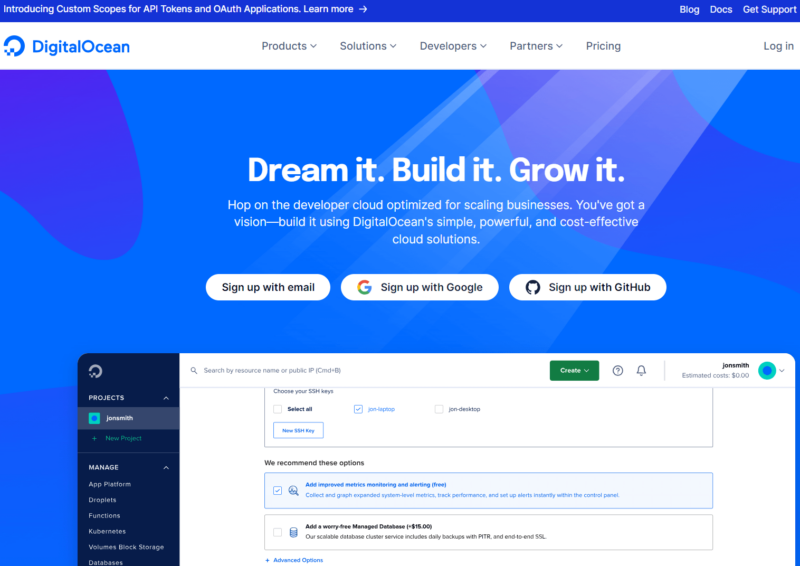
make it a top choice for small businesses.
Owned by DigitalOcean Holdings Inc., DigitalOcean is a cloud provider that’s revered for its relatively uncomplicated pricing and user-friendly interface, which are highly valued in small businesses. Because of those qualities, DigitalOcean has a somewhat lower learning curve compared to Microsoft Azure. However, this is also partly because it offers fewer services.
Final Thoughts
Azure is great for small businesses due to its scalability, security, multiple support channels, easy integration with the Microsoft ecosystem, global reach and cost-effectiveness. That said, you’ll need expertise to use Azure, and you can get too dependent on its services. In addition, Azure is potentially expensive, and its performance levels vary across regions.
Of the three alternatives to Azure for small businesses that we mentioned, which would you opt for and why? What other alternatives would you consider? Share your experience with us in the comments. Thank you for reading.
FAQ: Azure Cloud Infrastructure for Small Business
-
Azure makes sense for a small business, particularly one that has existing Microsoft products.
-
Azure is not free for small businesses. While Azure offers some always-free cloud services, you have to pay for most services. That said, you can get cheaper rates with discounted pricing models such as Reservation.
-
The best cloud platform for a small business depends on the business’s needs. For instance, if your business often uses data analytics, AI or machine learning, Google Cloud Platform might be the best option. However, if you want scalability and a vast range of products, AWS is the perfect choice.
-
One difference between Azure and AWS for small business is that Azure integrates well with the Microsoft ecosystem and has a strong focus on hybrid cloud, while AWS offers a broader range of services and has more global reach.
{“@context”:”https:\/\/schema.org”,”@type”:”FAQPage”,”mainEntity”:[{“@type”:”Question”,”name”:”Does Azure Make Sense for Small Business?”,”acceptedAnswer”:{“@type”:”Answer”,”text”:”
Azure makes sense for a small business, particularly one that has existing Microsoft products.\n”}},{“@type”:”Question”,”name”:”Is Azure Free for Small Businesses?”,”acceptedAnswer”:{“@type”:”Answer”,”text”:”
Azure is not free for small businesses. While Azure offers some always-free cloud services, you have to pay for most services. That said, you can get cheaper rates with discounted pricing models such as Reservation.\n”}},{“@type”:”Question”,”name”:”Which Cloud Platform Is Best for Small Business?”,”acceptedAnswer”:{“@type”:”Answer”,”text”:”
The best cloud platform for a small business depends on the business\u2019s needs. For instance, if your business often uses data analytics, AI or machine learning, Google Cloud Platform might be the best option. However, if you want scalability and a vast range of products, AWS is the perfect choice.\n”}},{“@type”:”Question”,”name”:”What Is the Difference Between Azure and AWS for Small Business?”,”acceptedAnswer”:{“@type”:”Answer”,”text”:”
One difference between Azure and AWS for small business is that Azure integrates well with the Microsoft ecosystem and has a strong focus on hybrid cloud, while AWS offers a broader range of services and has more global reach.\n”}}]}
The post Microsoft Azure for Small Business: Pros and Cons appeared first on Cloudwards.

